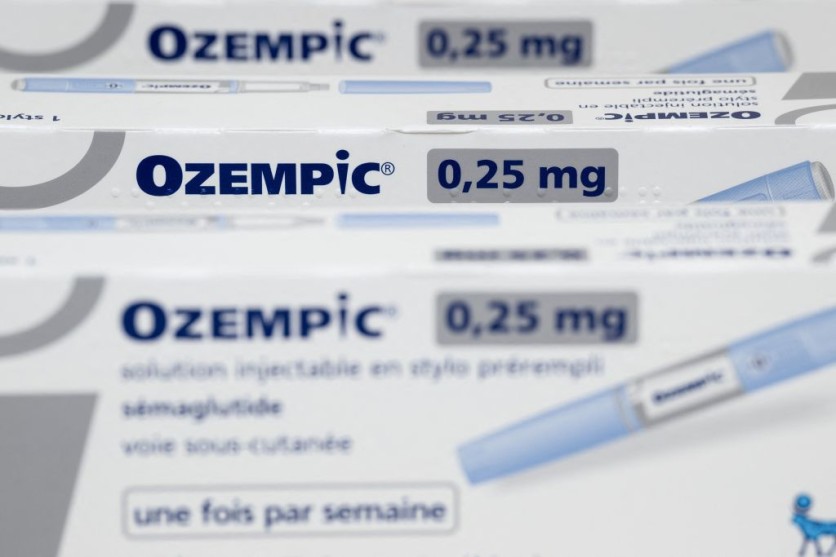A recent analysis of U.S. pharmacy claims sheds light on a concerning trend: low long-term adherence to the popular weight loss drugs Wegovy and Ozempic.
Manufactured by Novo Nordisk, these medications boast impressive results, but a significant portion of patients abandon treatment within two years.
Last year, a previous report told us that a global shortage of Ozempic could persist for a longer time. The reason? Social media trend.
Long-Term Use Crucial for Success

This study, offering a broader perspective than previous short-term research, reveals that only around 25% of patients continue taking Wegovy or Ozempic after two years.
While the analysis doesn't pinpoint the reasons behind this drop-off, it raises questions about the cost-effectiveness of these drugs.
High Costs Fuel Debate
Wegovy and similar medications, known as GLP-1 receptor agonists, carry a hefty price tag, often exceeding $1,000 per month.
According to Reuters, experts emphasize that sustained use is necessary for these drugs to produce lasting weight loss benefits. The high cost has sparked debate, with figures like President Biden expressing concerns about the financial burden on patients, employers, and healthcare systems if these drugs became widely used for weight management.
Estimates suggest that widespread use could cost the U.S. over $411 billion annually, exceeding total prescription drug spending in 2022.
Study Details and Methodology
Prime Therapeutics and Magellan Rx Management, pharmacy benefits managers, conducted this analysis. They reviewed pharmacy and medical claims data for over 3,300 individuals with commercial health insurance covering GLP-1 medications.
All participants received their initial prescriptions between January and December 2021 and had confirmed diagnoses of obesity or a high body mass index (BMI).
Patients using these drugs for type 2 diabetes, their original purpose, were excluded. The average participant age was 46.5, and approximately 81% were female.
Declining Persistence Rates Over Time
Last year, Prime released data indicating that 32% of patients were still using GLP-1 medications after one year. However, this new analysis reveals a significant decline in adherence within the following year. Across all drugs studied, only about 15% of patients remained on their medications after two years.
Brand-Specific Adherence
The analysis also examined adherence rates for specific medications. For Wegovy, 24.1% of patients continued treatment for two years without a 60-day or longer gap in refills, down from 36% who remained on the drug for a full year. Similarly, Ozempic, with the same active ingredient (semaglutide) as Wegovy, showed a decline in long-term adherence, with 22.2% of patients refilling prescriptions at two years, compared to 47.1% who used it for one year.
Further research is needed to understand the reasons why patients discontinue treatment. This data underscores the importance of exploring cost-effective weight management strategies and ensuring patients have the necessary support systems to maintain long-term adherence to prescribed medications.
Drake, Ozempic, and BBL Drizzy, Really?
The internet loves a good meme, and Drake's physique hasn't escaped the spotlight. The nickname "BBL Drizzy" has circulated online, hinting at Brazilian Butt Lift surgery. But is there any truth to it?
The term "BBL Drizzy" originated in April 2024 during a feud between Drake and rapper Rick Ross. Ross used the nickname in social media posts, suggesting Drake had undergone cosmetic procedures. The hashtag #BBLDrizzy quickly gained traction.
Despite the rumors and jokes, there's no concrete evidence Drake has had a BBL. The accusations likely stem from his overall appearance and the ongoing celebrity plastic surgery speculation.
On X, several posts claim that Drake did not get to enjoy his Ozempic bar for 20 minutes because his own prescription was featured as a cover art.

ⓒ 2025 TECHTIMES.com All rights reserved. Do not reproduce without permission.




